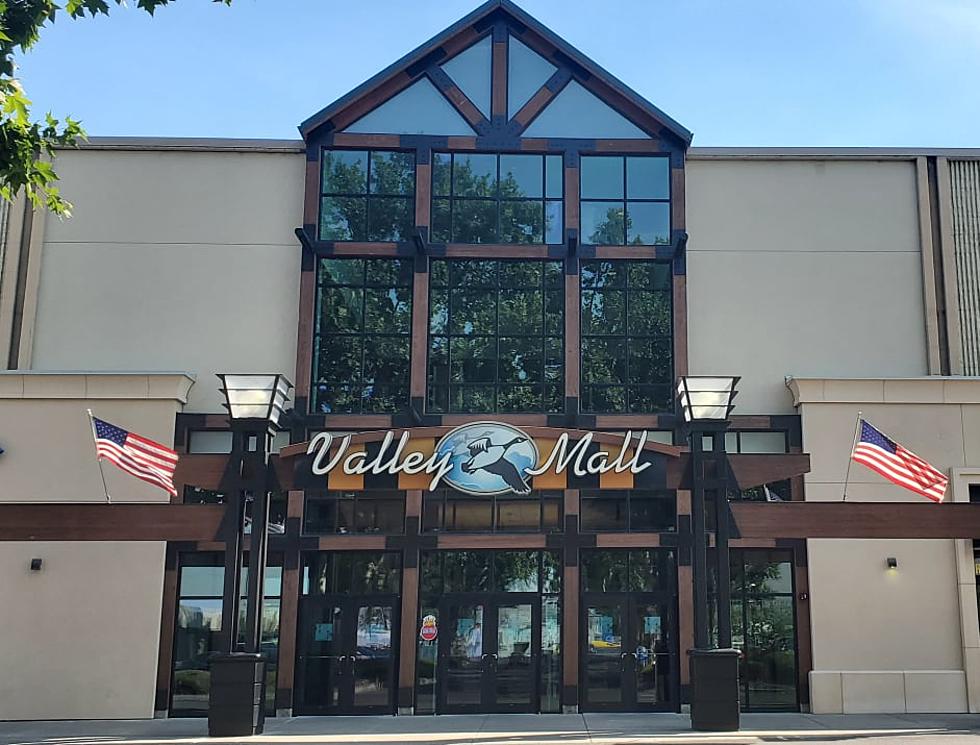
Drivers Ignoring Traffic Stops Leading To Chases in Union Gap
The chief of the Union Gap Police Department says his Officers saw a large amount of drivers refusing to stop for police in 2022 after police reform laws took effect in the state. Chief Greg Cobb says before the police chase law was changed the department saw an average of 3 chases each year. Last year Cobb says they saw 18 drivers refuse to stop for police officers and flee the scene. Cobb spoke to KIT News on Thursday.
THE POLICE REFORM LAWS TIE THE HANDS OF LAW ENFORCEMENT
Under state law Officers are limited when they can chase after a driver;
Current law sets a higher threshold of probable cause in order to engage in a chase. Under the measure, alleged crimes for which a pursuit can be undertaken include a violent offense, a sex offense, domestic violence-related offenses, driving under the influence of alcohol or trying to escape arrest.
SOME DRIVERS FLEE WHEN STOPPED BY OFFICERS BUT THEY'LL BE CAUGHT
But the law isn't clear as to what drivers can do if they're simply stopped for speeding. Because of that many drivers are fleeing officers in simple traffic stops. Cobb says drivers need to know that fleeing a traffic stop is considered a felony crime. He says those who do flee Officers should expect to be contacted in the following days since police usually have all contact information from the attempted traffic stop.
ONE UG OFFICER IS DEDICATED TO TRAFFIC ENFORCEMENT
Cobb says his Officers are busy conducting emphasis patrols just like the patrols in Yakima. While all Officers in the Union Gap Police Department are conducting traffic enforcement Cobb says one Officer is now concentrating on traffic enforcement in hopes of slowing speeding drivers. Cobb says "we have seen a significant increase in speeding along Ahtanum Rd, Main St, and Valley Mall Blvd. It is not uncommon for us to stop speeding vehicles at 15-20 mph above the posted speed limit."
Got a news tip? Email us here.
TRENDING STORIES:
Washington Kids Could Hide From Parents Under New Bill
Some WA State Lawmakers Want You To Drive Faster Than 70 MPH
Cheaper Diesel in Your Tank? It's Happening in Washington State
More From News Talk KIT









